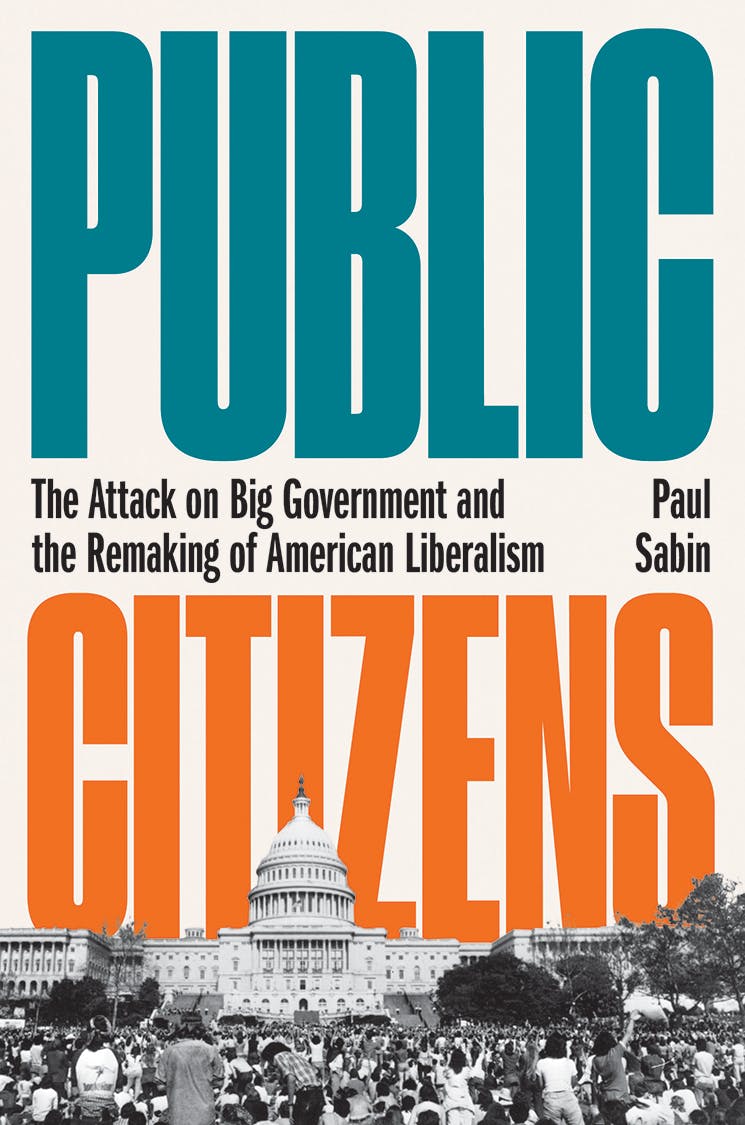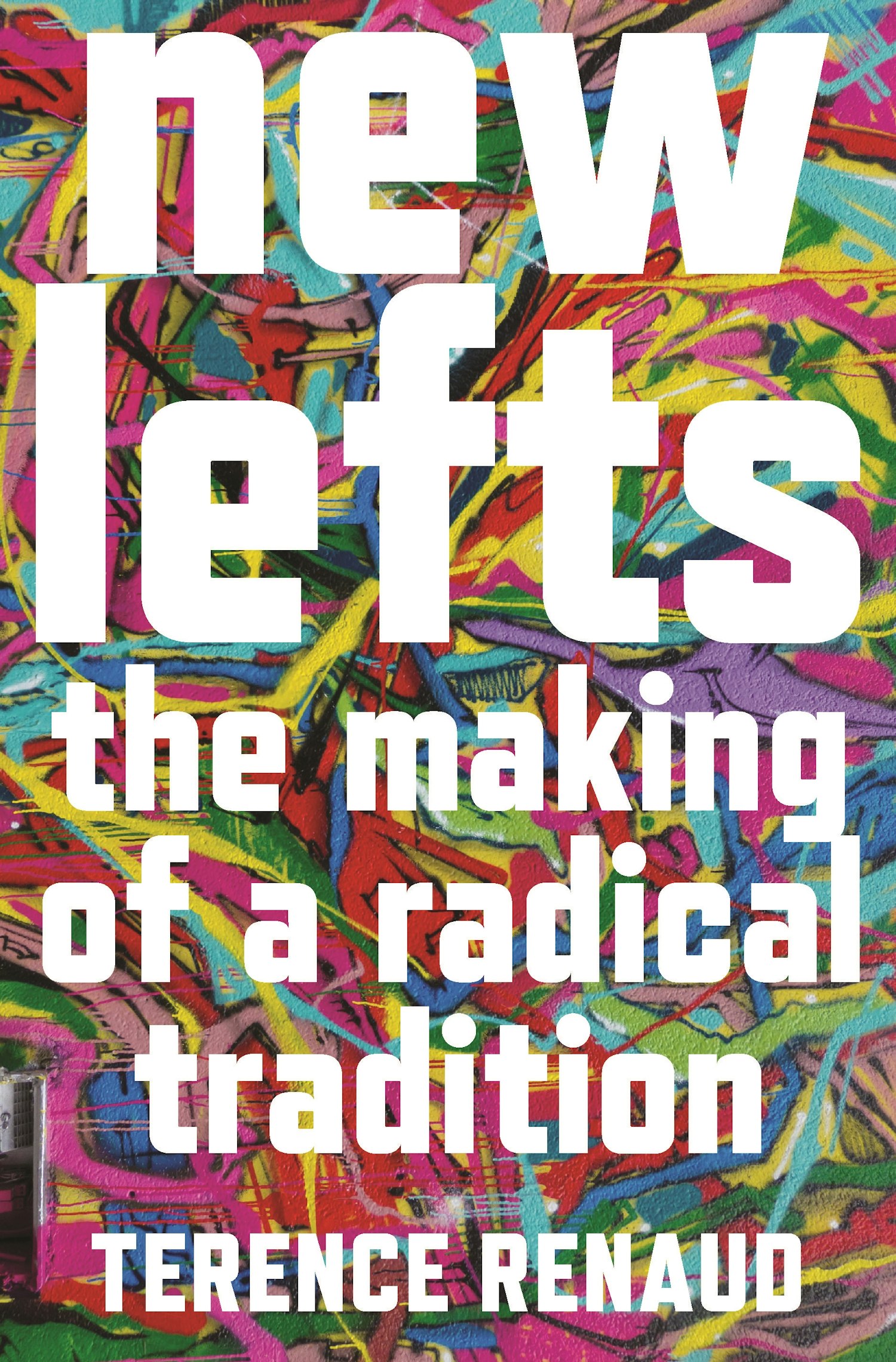In the late 1960s, the movement seemed to reach its apex in a transnational eruption of labor militancy shaped in part by the activity of radical intellectuals. Amid the Parisian general strike of May 1968, posters appeared that read “Universités, Usines, Union” (Universities, Factories, Union). The aspirations of the circle of radical autoworker-intellectuals that formed around C. L. R. James in Detroit in the 1950s finally materialized in a series of Black-led wildcat strikes throughout area plants, culminating in the 1969 formation of the League of Revolutionary Black Workers. The multiracial ringleaders of the wave of rank-and-file labor insurgency that besieged GM’s state-of-the-art Lordstown, Ohio, plant in the early 1970s captivated journalists with their youth and long hair. Here it was, it appeared, at last: a coalition of antiauthoritarian campus denizens, professional agitators, and outcast rebels—in alliance, at its moments of greatest power, with the younger and more radical segments of the industrial working class—was challenging the militarism, bureaucracy, alienation, and (at least rhetorically) racism and patriarchy endemic to contemporary capitalist societies. But it failed.
Or so it would seem. The New Left did not manage to seize political power in any straightforward sense. There is still a rather significant quotient of militarism, bureaucracy, alienation, racism, and patriarchy kicking around in capitalist societies. Some issues that New Leftists broached in a comparatively speculative register—the risk of ecological catastrophe chief among them—now seem all too inescapable.
But since the movement’s waning days, some critics have charged that the New Left’s apparent failure served to disguise a more insidious form of success. In this account, New Leftists unwittingly helped to usher in neoliberalism by shattering a midcentury social-democratic consensus that was more fragile than they realized. The values they rallied behind ended up forming the moral vocabulary of a new era of hyper-capitalism—a “New Spirit of Capitalism,” as the French sociologists Luc Boltanski and Eve Chiapello put it, looking back from the 1990s on the legacy of the soixante-huitards. Freedom and individuality became the rhetorical cornerstones of Reaganism and Thatcherism; the critique of technocratic management spilled over into a post-truth war on science; rejection of the work ethic metastasized into a narcissistic consumer culture; faith in the emancipatory power of intellectualism gave cover to the left’s alleged abandonment of the working class and anticipated patterns of educational polarization in our politics today. As Alasdair MacIntyre summarized in a 1969 critique of Herbert Marcuse, “To be in conflict with the established order is not necessarily to be an agent of liberation.”


